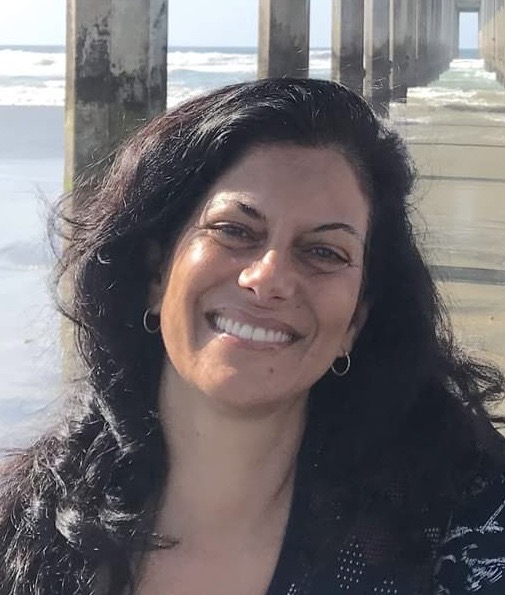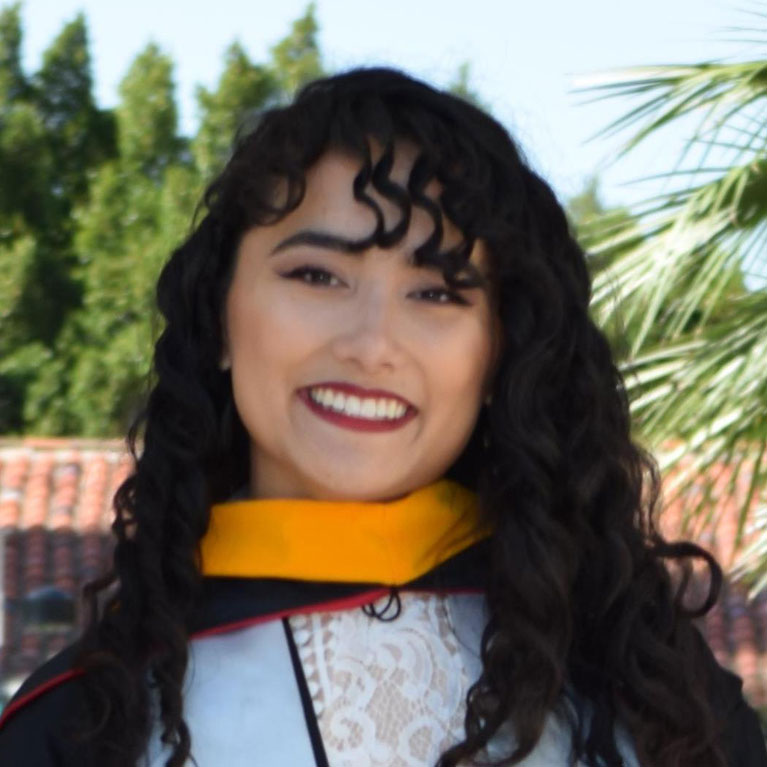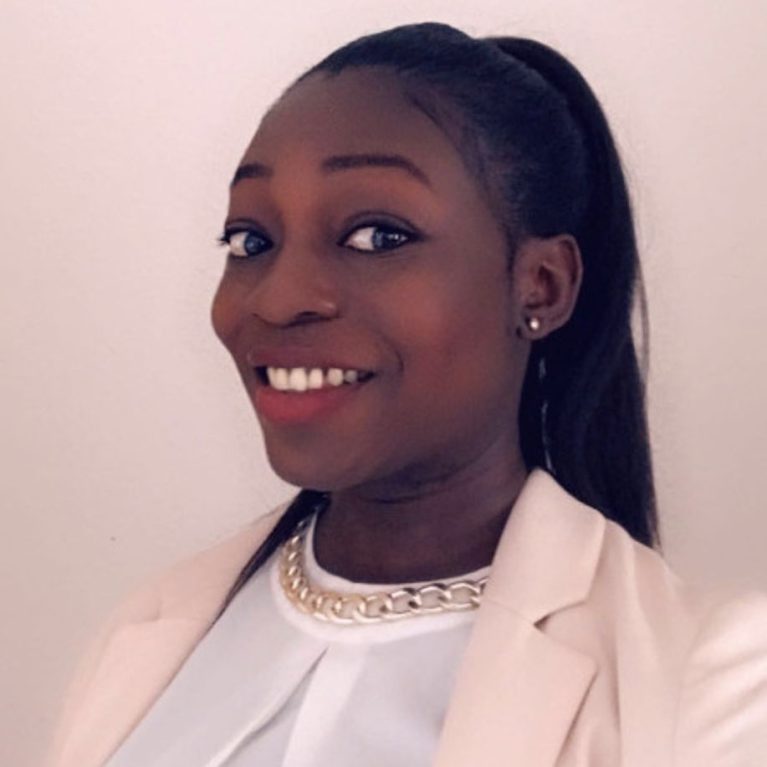People

Director, Biophotonics Core
dboassa@salk.edu
Dr. Daniela Boassa completed her PhD in Neuroscience at the University of Arizona, Tucson. In 2005 she joined the National Center for Microscopy and Imaging Research at UCSD where she led activities related to the development, characterization, enhancement, and dissemination of novel molecular-genetic probes and chemical-labeling approaches for state-of-the-art correlated light and electron microscopy (CLEM) and their application to biomedical research. She has expertise in neuroscience, cell and molecular biology and sophisticated microscopy and analysis. Over the years, she trained and mentored local, national, and international research groups on CLEM technologies. She takes pride in the success and achievements of the students and young scientists she mentored over the years. Dr. Boassa joined the Salk Institute in 2024.
List of publications: https://scholar.google.com/citations?user=ztNqcs8AAAAJ&hl=en

Core Research Specialist
cbowman@salk.edu
After completing her BS in Biology at San Diego State University, Chynna earned her MS in Cellular and Molecular Biology, where she applied electron and fluorescence microscopy to study cellular ultrastructure. During this time, she also served as a teaching assistant for Scanning and Transmission Electron Microscopy courses, mentoring students in both theoretical and hands-on applications of advanced imaging techniques.
After graduation, Chynna worked as a Research Specialist and Lab Manager in the Kalyuzhnaya Lab at SDSU. There, she provided expert support in scanning and transmission electron microscopy, molecular biology workflows, and laboratory operations. Her contributions supported research into the spatial organization of methane-oxidizing bacteria, with a focus on microbial surface structures and subcellular organization. In 2025, she joined the Waitt Advanced Biophotonics Core at the Salk Institute as an Electron Microscopy Specialist, where she supports researchers in electron microscopy sample processing and imaging, including correlative and volumetric workflows. She is passionate about working with fellow scientists and advancing collaborative research through cutting-edge imaging technologies.

Core Sr Research Specialist
equansah@salk.edu
Elsie obtained her Bachelor degree in Physics from the University of Cape Coast, Ghana. After, she pursued her Master degree in Photonics from the Friedrich Schiller University in Jena, Germany, which she completed in 2018. She continued her academic pursuit by undertaking a PhD at the Leibniz Institute for Photonic Technology in Germany.
With years of experience as a research scientist in the field of spectroscopy and microscopy, she is an expert in non-linear multimodal imaging, including coherent anti-Stokes Raman scattering (CARS), two-photon excited fluorescence (TPEF), and second harmonic generation (SHG). During her doctoral studies, she specialized in the optimization of label-free imaging modalities, leveraging these advanced techniques for the early detection of cancerous cells and tissues.
She worked on the automatic detection of breast cancer using nonlinear imaging methods, revolutionizing the way clinicians diagnose and monitor this prevalent disease. Additionally, she conducted research on intestinal epithelial barrier integrity in patients with ulcerative colitis, employing label-free techniques to gain insights into the morpho-chemical changes in disease pathology. The culmination of this research set the stage for the development of a fiber-based CARS/TPEF/SHG imaging setup for an endomicroscopic imaging probe, which holds the potential to revolutionize medical diagnostics by providing clinicians with real-time imaging capabilities directly within hospitals.